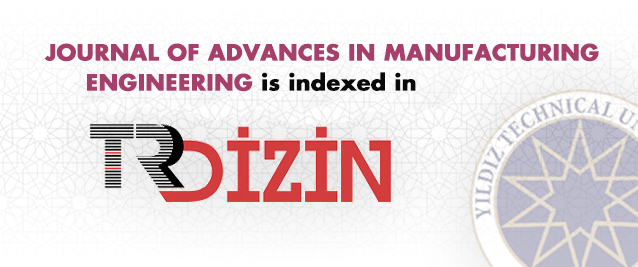Abstract
Fastener preferences are also changing in parallel with the development of the automotive industry. During these periods, when light weightings and carbon emissions have great importance; each part used is forced to be lighter, carbon footprints are calculated and more strength parts are designed. Therefore, the designs of manufacturing, sizes, and even raw materials of the fasteners used in the connections of the parts must be re-examined. This re-examination along with the manufacturers of fasteners supports scientific knowledge using advanced technologies, unique products, on behalf of the design of the production steps and the tool dies is of great importance. According to the complex geometry and strength quality of the bolt, product design and accordingly die designs are carried out. Due to its advantages in the manufacture of fasteners, the preferred method is cold forging. The production and design of cold forging die play an active role in terms of quality and production performance, as they directly affect the final product. Many factors affect the service life of molds in the manufacture of fasteners. In this article, the types of failures of cold forming molds, such as production stages, material selection, installation, relationship with the enterprise, are examined. The reasons for the failure of molds and manufacturing steps that are often encountered in production have been studied. In order to avoid these defects, recommendations have been made for re-mold designs.














